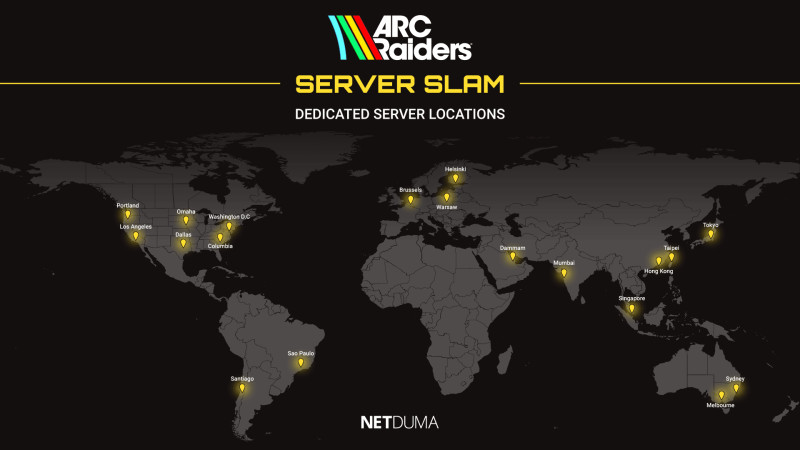The gaming community was abuzz on November 19, 2025, as Steam experienced a significant outage that left millions of users unable to access their favorite games. This incident, which lasted nearly an hour, highlighted the critical role that Steam plays in the gaming ecosystem and the reliance of gamers on this platform for their entertainment.
The outage, which began in the early hours of November 19, 2025, affected various services including login, game launches, and updates, causing widespread disruption. Users reported issues ranging from being unable to log into their accounts to difficulties launching their games. This outage was particularly frustrating for players who rely on Steam for access to their game libraries, community interactions, and in-game purchases.
Steam's status monitoring tools, such as Downdetector and IsDown, immediately reported the outage, providing real-time updates on the extent and duration of the disruption. These platforms are essential for gamers to stay informed about service interruptions and understand the scale of the outage. The outage was detected by multiple monitoring services, which confirmed that the issue was widespread and not limited to specific regions or user groups.
The root cause of the outage remains under investigation, but it is speculated that the issue may have been related to network maintenance or server issues. Steam often conducts routine maintenance, which typically occurs on Tuesdays, but it seems that the recent outages may be due to more frequent and unpredictable network issues. Amazon Web Services (AWS) had a failure around the same time, causing widespread disruptions to various websites and services, including Steam, which was reported to have caused similar issues in the past.
In the aftermath of the outage, Steam's support teams worked diligently to restore services, and the platform was back online within an hour. However, the incident raised concerns about the platform's reliability and the potential impact of such disruptions on the gaming community. Users expressed frustration on social media, highlighting the inconvenience and disruption caused by the outage.
The recent outage also underscores the importance of having robust backup systems and contingency plans in place to minimize the impact of such disruptions. Steam's reliance on a single infrastructure can make it vulnerable to widespread outages, and diversifying its infrastructure could help mitigate the risk of future disruptions.
The gaming industry relies heavily on platforms like Steam, which offer a central hub for purchasing, managing, and playing games. The recent outage serves as a reminder of the critical role that these platforms play in the gaming ecosystem and the need for continuous improvement in their reliability and resilience. As the gaming community continues to grow, it is essential for platforms like Steam to invest in infrastructure and technologies that can handle the increasing demand and ensure a seamless gaming experience for all users.



